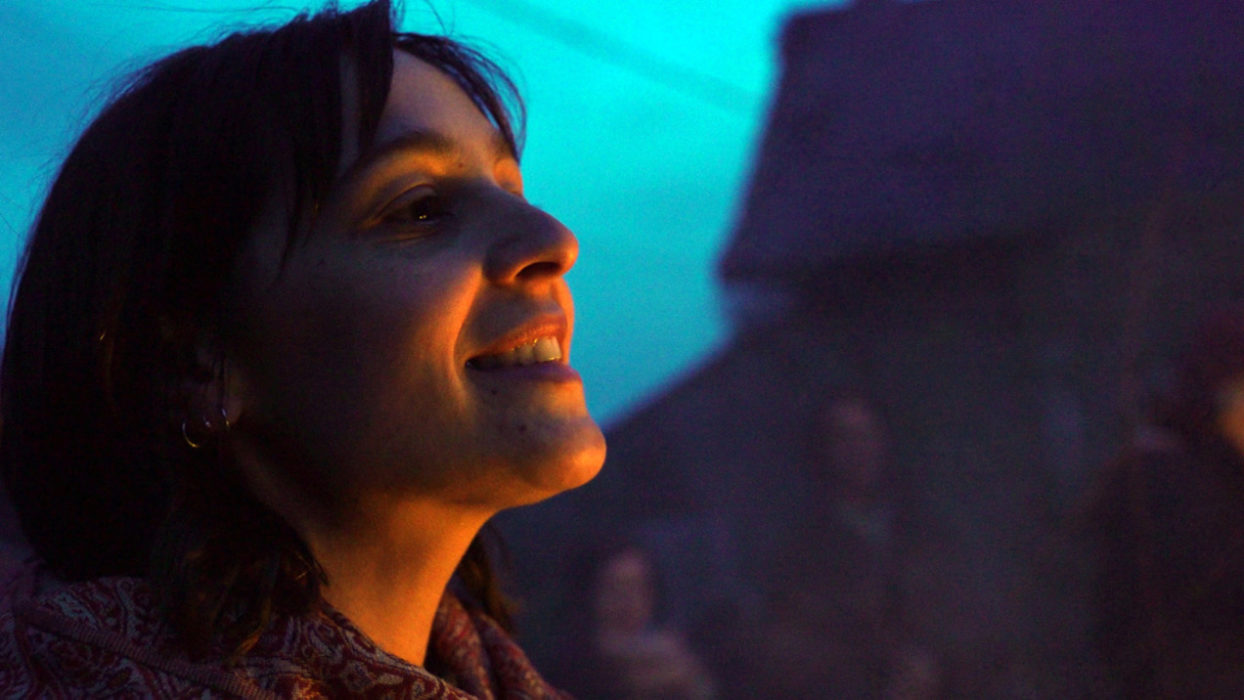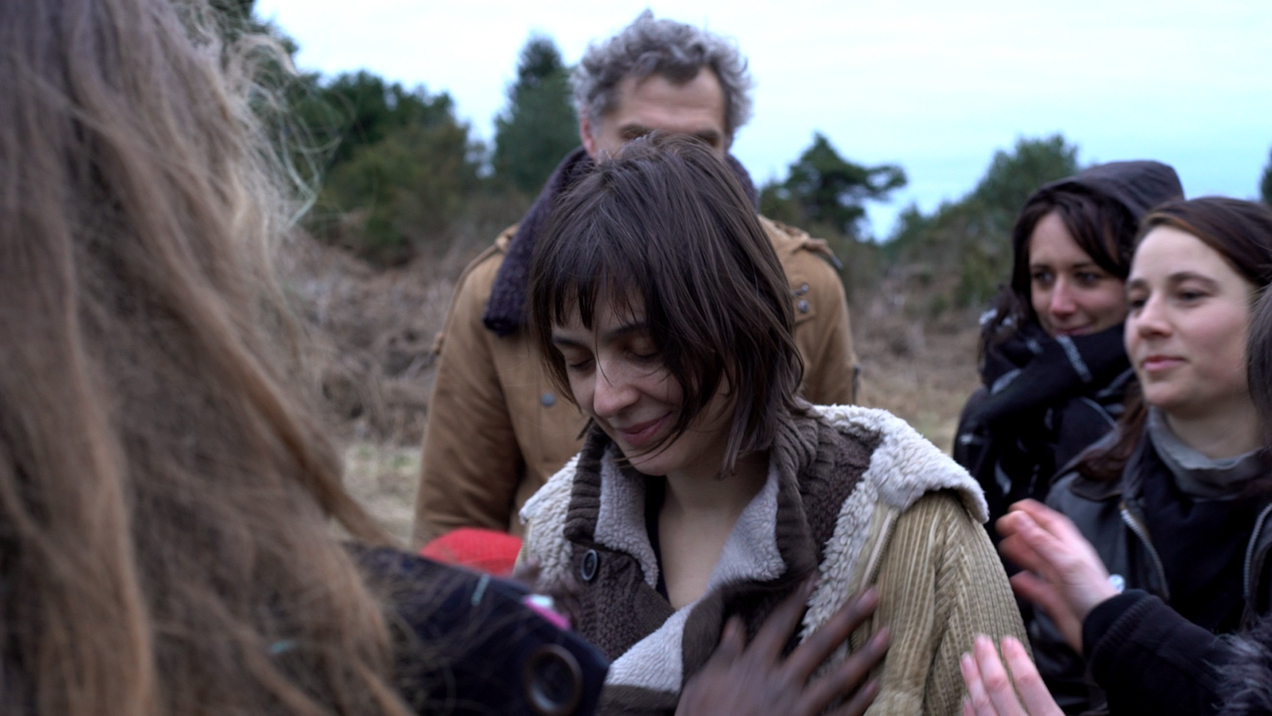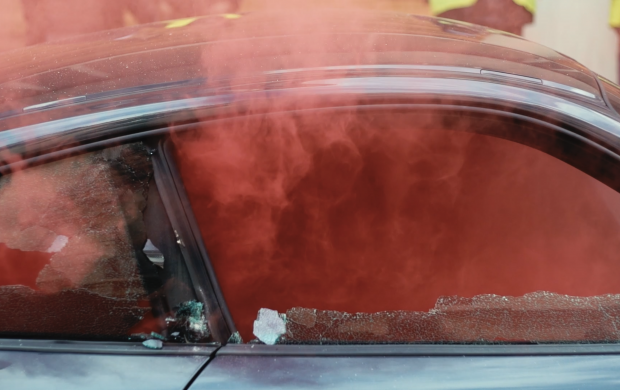Drop It
Relaxe
- 2022
- France
- 92 min
LORIDAN IVENS / CNAP AWARD
Manon has been a defendant in the Tarnac case for ten years, accused with eight other people of participating in a terrorist undertaking while sabotaging high-speed lines in France. As their trial approaches, I’m taking my camera to join the group of women who helps Manon preparing her defense.
What sticks in the mind: “far-left autonomous-anarchists” or “terrorists”, and the “Tarnac group”. These labels have long been attached to the nine defendants of what’s dubbed the “Tarnac case”. And to get rid of these labels? Ten years of legal proceedings. Ten years awash with torrents of documents that the accused had to know inside out so as to confront the judicial machine launched against them. We are a few months before the final trial that could dig them out from under investigations, reference numbers and forty thousand pages of an endless affair. Audrey Ginestet and her camera follow the cast-iron preparation required by this trial and work towards what seems to be a collective approach: kill the fiction, once and for all. The rhythm of the film is set by sequences of rigorous group preparation in order to mount a defence against a professional and tenacious justice that is lying in wait for them once again. The film’s dispositif allows for precise and fair listening that prevents them from being pigeon-holed, named and decrypted once again by the intrusive forced of justice and media coverage that has over-fantasised the possible wrongdoings. They brave professionalism and mount a rock-solid defence to avoid being crushed, but also accept their amateurism. A position that the protagonists seem to know well, because they have constantly been acquiring new knowledge and learning. Because this preparation documents their case but also leaves room for encounters, and the filmmaker allows time for daily life. She watches how they live their daily life politically in harmony with what they defend, committed to simple things, far from the harshness of the accusations and the labels that imprisoned them. Between the defence work sessions and life in Tarnac, mutual support makes headway. They hold together, support one another, and the film slips in as an additional tool to hijack how they are seen and wrest an acquittal.
Clémence Arrivé
- Production : Deuxième Ligne
- Cinematography : Audrey Ginestet, Amic Bedel
- Sound : Audrey Ginestet, Rémi Gerard, Hélène Magne
- Original soundtrack : Benjamin Glibert
- Editing : Penda Houzangbe
- Print source : mariedubas@deuxiemeligne.fr





